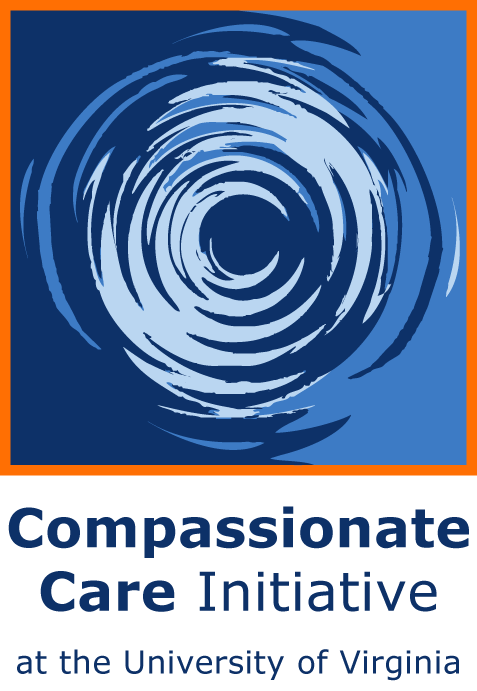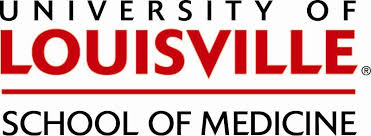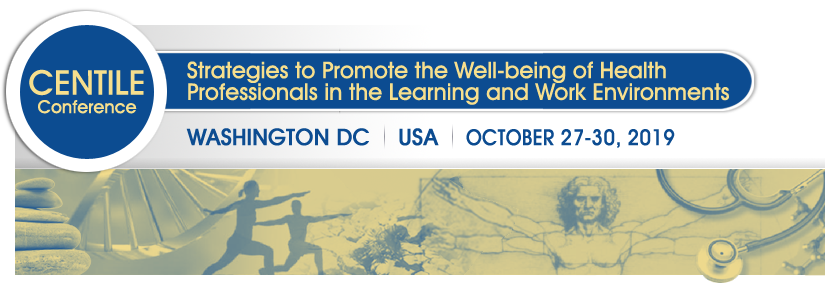Committees
Conference Co-Chairs
-
Aviad Haramati, PhD (Bio)

CENTILE, Georgetown University Medical Center, USA
-
Jamie Padmore, DM (Bio)

MedStar Health, USA
Aviad "Adi" Haramati, PhD, is Professor of Integrative Physiology in the Departments of Biochemistry, Molecular & Cellular Biology and Medicine at Georgetown University School of Medicine. Since 2013, he also serves as the Founding Director of the Center for Innovation and Leadership in Education (CENTILE). Dr. Haramati has taught physiology for over 35 years and received institutional and national awards for his research on kidney function and his teaching. More recently, Dr. Haramati has focused his efforts on rethinking how health professionals are trained, and he is interested in improving medical education across the globe, especially with regard to the intersection of science, mind-body medicine and professionalism. Dr. Haramati has been a visiting professor at over 60 medical schools.
Program Committee
-
Mona Abaza, MD, MS (Bio)

University of Colorado School of Medicine, USA
-
Timothy Brigham, MDiv, PhD (Bio)

Accreditation Council for Graduate Medical Education, USA
-
H. Carrie Chen, MDiv, PhD (Bio)
Georgetown University Medical Center, USA
-
Sian Cotton, PhD (Bio)

University of Cincinnati College of Medicine, USA
-
David Eisenberg, MD (Bio)

Department of Nutrition, Harvard T.H Chan School of Public Health, USA
-
Elizabeth Gaufberg, MD MPH (Bio)

Associate Proffesor of Medicine and Psychiatry, Harvard Medical School, USA
-
Larry Gruppen, PhD (Bio)

Department of Learning Health Sciences, University of Michigan Medical School, USA
-
Frederic W. Hafferty, Ph.D (Bio)

Mayo Clinic, USA
-
Ronald M Harden, OBE MD FRCP (GLAS.) FRCS (ED.) FRCPC (Bio)

Association for Medical Education in Europe, USA
-
Ming-Jung Ho, MD (Bio)

Department of Family Medicine at Georgetown University School of Medicine, USA
-
Maryanna Klatt, PhD (Bio)

The Ohio State University, College of Medicine , USA
-
Michael Krasner, MD (Bio)

University of Rochester School of Medicine and Dentistry, USA
-
Mary Jo Kreitzer, PhD, RN, FAAN (Bio)

University of Minnesota, Center for Spirituality & Healing, USA
-
Daniel Marchalik, MD MA (Bio)

MedStar Heath, USA
-
Catherine Florio Pipas, MD, MPH (Bio)

Dartmouth School of Medicine, USA
-
Jenny Reese, MD (Bio)
University of Colorado School of Medicine, USA
-
Helen Riess, MD (Bio)

Harvard Medical School/Mass. General Hospital, USA
-
Pamela Saunders, PhD (Bio)

Georgetown University , USA
-
Stuart Slavin, MD, MEd (Bio)

Accreditation Council for Graduate Medical Education, USA
-
Eric Weissman (Bio)

Association of American Medical Colleges, USA
-
Colin West, MD, PhD (Bio)

Mayo Clinic, USA
-
Douglas L. Wood, D.O., PH.D, FACOI (Bio)

United States
Dr. Mona M. Abaza is a Professor and Vice Chair of Faculty Affairs and Diversity for the Department of Otolaryngology at the University of Colorado, School of Medicine. A board certified and Laryngology fellowship trained Otolaryngologist, she received her medical degree from The Women’s Medical College of Pennsylvania (now Drexel University). She completed her Otolaryngology residency at the University of Texas Health Sciences Center in San Antonio and then completed her Laryngology fellowship at Graduate Hospital and Jefferson Medical College in Philadelphia, PA. She maintains active interest in professional voice research as a peer-elected member of the International Association of Phonosurgeons, the American Bronch-esophagology Association, the Triological Society and the American Laryngological Association. She is very active in medical education, completing a Master of Science in Higher Education at Drexel University School of Education in 2010. She is a member of the University of Colorado School of Medicine’s Academy of Medical Educators and runs its Teaching Certificate Program. She held the position of Associate Residency Program Director/Program Director for Otolaryngology for over 18 years, stepping down in 2018 to take the Vice Chair position. She is the Past Chair of the Otolaryngology Program Director Organization (OPDO) and a second term Administrative Board member for the Council of Faculty and Academic Societies (CFAS) of the American Association of Medical Colleges (AAMC), where she chairs the Faculty Resilience Working Group. She also passionately works to improve women’s leadership development in her specialty and academic medicine as a whole. She was a founding member of the governing council of the women’s section of her national academy, past-chair of the section and co-founder and director of a yearlong leadership development program for it, as well as an active faculty in University of Colorado’s Junior Women Faculty Development Program.
Timothy P. Brigham, MDiv, PhD, is the Chief of Staff and Senior Vice‐President, Department of Education at the ACGME. Dr. Brigham’s responsibilities, as head of the Department of Education, include the ACGME’s Annual Educational Conference, the Milestone Outcome Project, and the development of new educational programs for the ACGME. Prior to joining the ACGME in 2008, Dr. Brigham served since 1989 in several capacities at Jefferson Medical College, including associate dean for graduate medical education and continuing medical education and, most recently, as senior associate dean for organizational development and chief of staff and associate professor of medicine. Dr. Brigham has been involved in physician faculty development, resident education and chief resident and program director development. He is widely sought after as a teacher, speaker, group facilitator, and consultant in a variety of areas including resident stress and well‐being; chief resident, program director and chair person leadership development; medical student, resident and faculty teaching development; and group and team organizational development. Dr. Brigham holds a PhD in psychological studies in education from Temple University, a master’s degree in counseling and human relations from Villanova University, a master’s of divinity from Palmer Theological Seminary, and a bachelor’s from Eastern University.
Timothy P. Brigham, MDiv, PhD, is the Chief of Staff and Senior Vice‐President, Department
of Education at the ACGME. Dr. Brigham’s responsibilities, as head of the Department of
Education, include the ACGME’s Annual Educational Conference, the Milestone Outcome
Project, and the development of new educational programs for the ACGME.
Prior to joining the ACGME in 2008, Dr. Brigham served since 1989 in several
capacities at Jefferson Medical College, including associate dean for graduate
medical education and continuing medical education and, most recently, as senior
associate dean for organizational development and chief of staff and associate
professor of medicine. Dr. Brigham has been involved in physician faculty
development, resident education and chief resident and program director
development. He is widely sought after as a teacher, speaker, group facilitator, and
consultant in a variety of areas including resident stress and well‐being; chief
resident, program director and chair person leadership development; medical
student, resident and faculty teaching development; and group and team
organizational development.
Dr. Brigham holds a PhD in psychological studies in education from Temple
University, a master’s degree in counseling and human relations from Villanova
University, a master’s of divinity from Palmer Theological Seminary, and a
bachelor’s from Eastern University.
Sian Cotton, PhD, is a licensed clinical psychologist and founding director of the UC Center for Integrative Health and Wellness and UC Health Integrative Medicine. A Professor in the Departments of Family and Community Medicine and Pediatrics, Dr. Cotton has an active research lab with ongoing clinical studies focusing primarily on mindfulness-based interventions and integrative medicine practice-based research. In 2007, Dr. Cotton was awarded a K23 career development award by the National Institutes of Health to examine the role of spiritual coping and health-related quality of life in adolescents with a chronic illness. A former Board member for the Academic Consortium of Integrative Medicine and Health, she is often invited to speak with community organizations and businesses, healthcare audiences, and academics about mind-body medicine for stress reduction, and preventive and wellness-based approaches to healthcare.
DAVID EISENBERG, MD, is the director of culinary nutrition and adjunct associate professor of nutrition at the Harvard T. H. Chan School of Public Health. He is the founding Co-Director of Healthy Kitchens, Healthy Lives, an annual Harvard CME course for health professionals and is the Director of the Teaching Kitchen Collaborative.
Dr. Elizabeth Gaufberg is an Associate Professor of Medicine and Psychiatry at Harvard Medical School (HMS). For almost 3 decades Liz’s professional home has been the Cambridge Health Alliance (CHA), an incredible mission-driven public institution, where she trained in both Internal Medical and Psychiatry. Liz currently directs the CHA Center for Professional and Academic Development and leads the Developing Physician Course for the Cambridge Integrated Clerkship. Liz is an Arnold P. Gold Foundation (Humanism in Medicine) Professor and served for six years as the Jean and Harvey Picker Founding Director of the Arnold P. Gold Research Institute. She serves as core faculty at the Harvard Macy Institute Program for Educators in the Health Professions where she is responsible for provoking deep consideration of core assumptions about learning and helps scholars ‘make visible’ influential yet hidden forces within our learning environments. Liz finds the arts to be a powerful catalyst for medical trainees and faculty to reflect on experience, build relationships, grapple with ambiguity and integrate “soul with role”. She serves on the HMS Arts and Humanities Initiative Advisory Board, founded a CHA Literary Arts Journal and art gallery, and has established active collaborations with Boston area art museums. Liz’s interests are broad and include preventing and ameliorating burnout, "coproduction" of healthcare and educational service, responding to discriminatory behavior in health care settings, and cultivating communities of practice. Her innovative curricula on professional boundaries, the stigma of addictions, and the hidden curriculum are in use in hundreds of medical training institutions world-wide. She is married to Slava, an emergency physician, residency director and musician, and together they are raising 4 daughters.
Larry Gruppen is Professor in the Department of Learning Health Sciences at the University of Michigan Medical School. His research interests center around the development of expertise, knowledge and performance assessment, self-regulated learning, and educational leadership development. He was recognized for career productivity by the 2015 John P. Hubbard Award from the National Board of Medical Examiners, and the Merrel Flair Award from the AAMC Group on Educational Affairs.
Frederic W. Hafferty is Professor of Medical Education, Associate Director of the Program for Professionalism & Values, and Associate Dean for Professionalism, College of Medicine at the Mayo Clinic. He received his undergraduate degree in Social Relations from Harvard in 1969 and his Ph.D. in Medical Sociology from Yale in 1976. He is the author of "Into the Valley: Death and the Socialization of Medical Students" (Yale University Press); "The Changing Medical Profession: An International Perspective" (Oxford University Press), with John McKinlay; “Sociology and Complexity Science: A New Field of Inquiry” (Springer) with Brian Castellani, “The Hidden Curriculum in Health Professions Education" (Dartmouth College Press) with Joseph O'Donnell, "Understanding Professionalism" (Lange) with Wendy Levinson, Katherine Lucy, and Shiphra Ginsburg and “Place and Health as Complex Systems: A Case study and Empirical Test “ (Springer) with Brian Castellani, Rajeev Rajaram, J. Galen Buckwalter and Michael Ball. He is past chair of the Medical Sociology Section of the American Sociological Association. He currently sits on the American Board of Medical Specialties standing committee on Ethics and Professionalism and the editorial board of Academic Medicine. Research focuses on the evolution of medicine’s’ professionalism movement, mapping social networks within medical education, the application of complexity theory to medical training, issues of medical socialization, and disability studies.
Dr. Ming-Jung Ho is a professor in the Department of Family Medicine at Georgetown University School of Medicine, Associate Director, Center for Innovation and Leadership in Education (CENTILE) and Director, GUMC Teaching Academy for Educators in the Health Sciences. Dr. Ho’s research and teaching focus on professionalism across cultures.
Maryanna Klatt, Ph.D., is a Professor, in the College of Medicine at Ohio State University, Department of Family Medicine. Dr. Klatt’s research focus has been to develop and evaluate feasible, cost-effective ways to reduce stress and increase resilience for healthcare professionals. Her current focus, through Ohio Bureau of Workers Compensation is to modify the learning environment for radiologic science students.
Dr. Krasner graduated from the University of California, San Diego School of Medicine in 1987 and completed his residency in both Internal Medicine and Pediatrics at the University of Rochester School of Medicine and Dentistry where he is currently a full-time faculty member engaged in direct patient care, medical student and residency education, post-graduate medical education, and research in the University’s Center for Mind-Body Research. He has shared his work in peer-reviewed publications including research and reviews, book chapters, scientific assemblies, workshops, visiting professorships, and intensives in North America, Europe, Asia and Africa, focusing primarily on the roots of Hippocratic medicine through the cultivation of attention, awareness, and reflection of the health professional- healing relationship. He describes his personal mission as centered on compassion in medicine- for the self and others, and envisions a personalized health professional-patient relationship where healing is truly bidirectional, care goals are mutually derived, and the uniqueness of the clinical encounter reflects this central act of mutual high regard.
Mary Jo Kreitzer PhD, RN, FAAN is the founder and director of the Earl E. Bakken Center for Spirituality & Healing at the University of Minnesota, where she also serves as a tenured professor in the School of Nursing. Within the School of Nursing, Dr. Kreitzer is the co-lead of the doctorate of nursing practice program in integrative health and healing.
She has served as the principal investigator or co-principal investigator of numerous clinical trials focusing on mindfulness meditation with persons with chronic disease including studies focusing on solid organ transplant, cardiovascular disease, chronic insomnia, diabetes, and caregivers of people with Alzheimer’s disease. Current studies include the role of mindfulness in improving human brain-computer interface; the use of social technology to enhance healing and wellbeing; nursing leadership in integrative health and healing; and mindful movement for physical activity and wellbeing in older adults.
From 2004-2007, Dr. Kreitzer served as the vice-chair of the Consortium of Academic Health Centers for Integrative Medicine. In 2009, Dr. Kreitzer testified at a US Senate hearing titled “Integrative Health: Pathway to Health Reform” as well as the Institute of Medicine Summit titled “Integrative Medicine and the Health of the Public”. Dr. Kreitzer regularly presents to practitioner and public audiences as well as at academic and healthcare conferences. She has authored more than 150 publications, and is the co-editor of the text Integrative Nursing published in 2014 by Oxford University Press. The second edition of Integrative Nursing will be published in 2018.
Dr. Kreitzer earned her doctoral degree in public health focused on health services research, policy and administration, and her master’s and bachelor’s degrees in nursing.
Daniel Marchalik, MD MA is the Medical Director for Physician Well-being at MedStar Health. He is the Director of the Literature and Medicine Track and the co-chair the Committee on Medical Student Well-being at the Georgetown University School of Medicine.
Dr. Pipas is Professor in Community and Family Medicine at Dartmouth’s School of Medicine where she directs The Culture of Wellness and Leadership Curriculum. She is author of A Doctor’s Dozen: 12 Strategies for Personal Health and a Culture of Wellness. She has been recognized as a leader in education, research and clinical care with awards including: 2017 and 2018 New Hampshire Top Doctor, Dartmouth Medical School Master Educator, Clinical Teacher of the Year, Humanism in Medicine and AOA Honor Society. Dr. Pipas serves on the Board of Directors for the Society of Teachers of Family Medicine and the Administrative Board of the AAMC Council of Faculty and Academic Societies.
Dr. Reese is an Associate Professor of Clinical Pediatrics, Section of Pediatric Hospital Medicine at the University Of Colorado School Of Medicine. She is the Section Head and Medical Director of the Section of Pediatric Hospital Medicine. She also serves as the Inpatient Medical Director for Children’s Hospital Colorado. Her clinical time is spent as a pediatric hospitalist, and her administrative duties include quality and process improvement and clinical leadership, as well as developing and promoting programs that support wellness and resilience for health care providers. In 2015 Dr. Reese formed the University Of Colorado School Of Medicine Resilience Program for Faculty, Residents and Fellows, and she serves as the director of this program. Her undergraduate and medical school were completed at University of Washington, in Seattle, WA and her pediatric internship and residency were completed at the University of Colorado School of Medicine and Children’s Hospital Colorado. Since finishing residency, she has worked at Children's Hospital Colorado. Her passions include being a mother to her two sons, ages 13 and 14; and running, cycling, golfing, cooking and traveling.
Since 2015, Dr. Reese has been an invited speaker for over 75 presentations on the topic of Resilience for Health Care Providers, including departmental grand rounds, invited conferences, retreats and workshops. She is currently conducting a research project on the impact of peer support training to address second victim among health care providers. Promoting provider well-being is a passion for Dr. Reese, and she presents with an engaging, interactive, experiential style that leaves participants with tangible takeaways to apply to their own practice.
Dr. Riess is a psychiatrist and Associate Professor of Psychiatry at Harvard Medical School and Director of the Empathy and Relational Science Program in the Department of Psychiatry at MGH. Dr. Riess has devoted her career to teaching and research in the neuroscience and art of the patient-doctor relationship.
Dr. Riess is a member of the Scientific Advisory Panel of the National Academy of Medicine, a core member of the Consortium for Research on Emotional Intelligence in Organizations. She serves on the Advisory Council of the International Society of Emotional Intelligence and has served on the Scientific Advisory Council of the Harvard Institute of Coaching,
Dr. Riess’s empathy research, received the 2013 Partners Healthcare Medical Education Research Award, the 2013, Harvard Coaching Institute Research Award, and the 2015 SUNY Medical University Humanism in Medicine Lecture Award and The 2018 Gold Foundation for Humanism in Medicine Community Building Award. Her TEDx talk on “The Power of Empathy,” has been viewed by nearly 400,000 viewers. She is Co-Founder and Chief Scientific Officer of Empathetics Inc., a company that provides web-based empathy training and related relational skills solutions.
Pamela A. Saunders, PhD, is an associate professor in the departments of neurology and psychiatry. With a doctorate in sociolinguistics from Georgetown University, her research focuses on language, aging, doctor/patient communication, narrative and reflective writing, and standardized patient education. She has spent the last 20 years conducting research and teaching. Her research portfolio includes funding from the Alzheimer’s Association, the National Institute on Aging, the Hartford Foundation, and the U.S. Food and Drug Administration. She serves in several leadership roles related to medical education, including as chief course director of the doctoring curriculum and director of the geriatrics clerkship. She is a long-standing member of Georgetown University Medical Center’s Committee on Medical Education and also serves on the Committee on Appointments and Promotions. She co-founded the geriatrics curriculum in 2000 for the medical students at Georgetown’s School of Medicine with funding from the Hartford Foundation. In addition, she teaches reflective writing and Mind Body Medicine skills to medical and graduate students. Most recently, Dr. Saunders developed a new masters degree program in Aging & Health (aging.georgetown.edu).
Stuart Slavin MD, MEd is Senior Scholar for Well-being at the Accreditation Council for Graduate Medical Education (ACGME). A graduate of Saint Louis University (SLU) School of Medicine, Dr. Slavin completed his residency training in pediatrics at UCLA and stayed on as a faculty member there for seventeen years before returning to SLU as Associate Dean for Curriculum. Over the past decade, Dr. Slavin led efforts at SLU to improve the mental health of medical students that produced dramatic decreases in rates of depression and anxiety in pre-clerkship students. He joined the ACGME in July 2018 and will help lead efforts to improve the mental health of residents and faculty across the US.
Eric serves as senior director of faculty and academic society engagement for the Washington-based Association of American Medical Colleges (AAMC). In this role, Eric manages the day-to-day operations of the Council of Faculty and Academic Societies, or CFAS, one of the AAMC’s three governing bodies. CFAS represents the interests of medical school faculty and academic societies within the AAMC’s membership. Among key issues covered are faculty wellbeing and resilience, advancement of science and research within academic medicine, graduate medical education, faculty definition and identity, and the role and impact of medical school faculty within clinical, research, and educational settings.
Eric is also the principal writer and editor of the weekly “CFAS News” publication, which goes to nearly 5,000 subscribers representing leaders in academic medicine.
Eric previously served for a decade as senior director of publishing services in the Communication cluster at the AAMC, overseeing the AAMC website, its creative and editorial services division, and its publishing efforts. Eric additionally has a long history in science and medical communications, having held an array of leadership positions at organizations such as Stanford School of Medicine, Veterinary Centers of America, WebMD, and others focused on consumer health, medicine, and science. Eric also has worked as a writer and editor for Congressional Quarterly and Time Life Books.
Originally from Seattle, Dr. West received his M.D. and Ph.D. in Biostatistics from the University of Iowa in 1999. He completed residency and chief residency in internal medicine at Mayo Clinic, and joined the faculty in General Internal Medicine in 2004. He is currently Professor of Medicine, Medical Education, and Biostatistics at Mayo. He directs the evidence-based medicine curriculum for the medical school, and is an Associate Program Director within the internal medicine residency program. He is also the Research Chair of General Internal Medicine. Dr. West's research has focused on medical education and physician well-being, and he is Co-Director of the Mayo Clinic Program on Physician Well-Being. Working closely with Tait Shanafelt and Lotte Dyrbye, his work documenting the epidemiology and consequences of physician distress, as well as emerging research on solutions, has been widely published in prominent journals including Lancet, JAMA, Annals of Internal Medicine, and JAMA Internal Medicine.
Dr Wood began his post graduate work by obtaining a Bachelor of Science in Zoology from the University of Michigan in Ann Arbor, Michigan. He then entered the Kansas City College of Osteopathic in Kansas City, Missouri. He graduated from that school as a Doctor of Osteopathy in 1966. Subsequently he entered a one year rotating internship and then a three year Internal Medicine Residency program, from which he graduated with honors. Thereafter he spent four years obtaining a PH.D in Educational Evaluation and Research (1989) from Wayne State University in Detroit, Michigan. After this he practiced medicine for just about 30 years, including the setting up a Renal Dialysis unit. Dr Wood found that as his practice life moved along his interest in medical education continued to grow to the point that he would rather be involved in medical education. This, which he did over many years. During this time he attended courses at the Harvard Medical School and now occasionately teaches one of the courses. Dr Wood has had significant professional experiences. Among them he has been the Dean of four medical schools. In Arizona, he instituted a very innovative medical school, which is still acclaimed professionally as a great way to educate students.
He now is deeply interested in changing medical education to keep up with the everchanging practice of medicine.


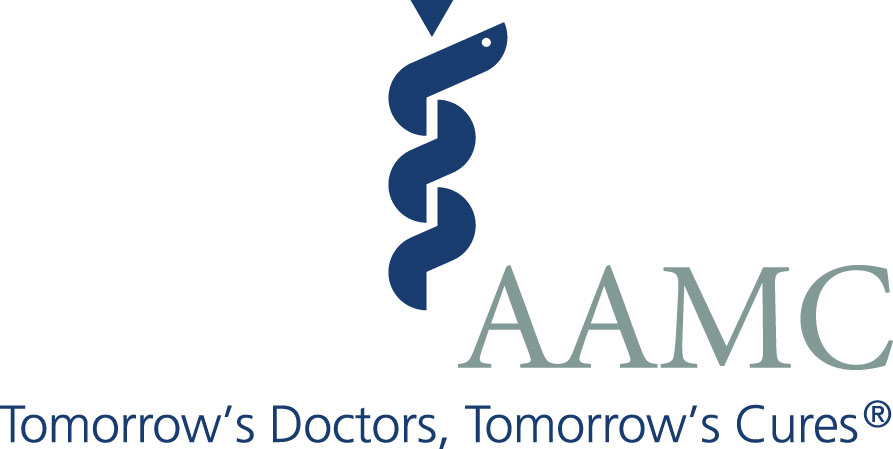
_1.png)
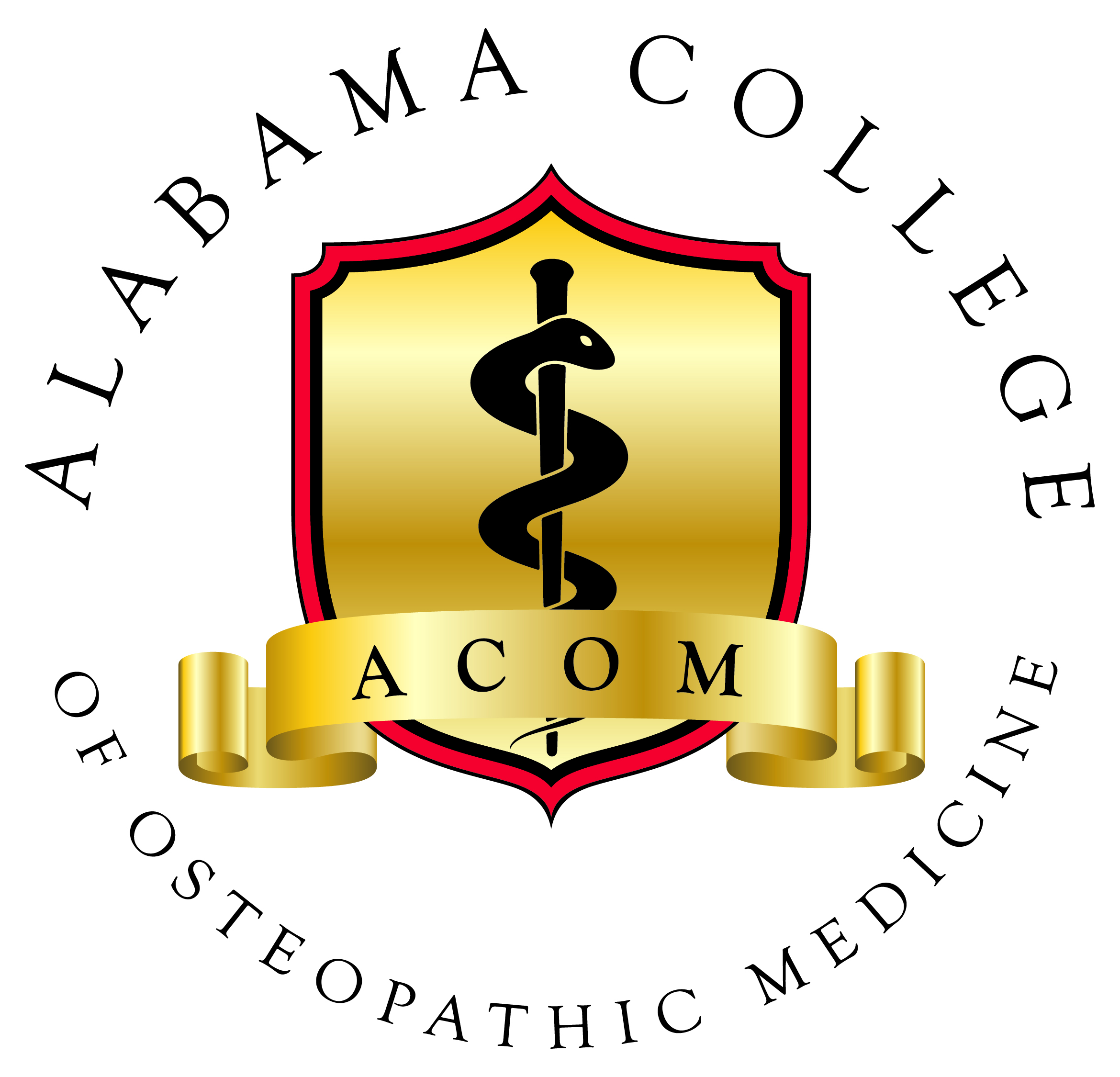
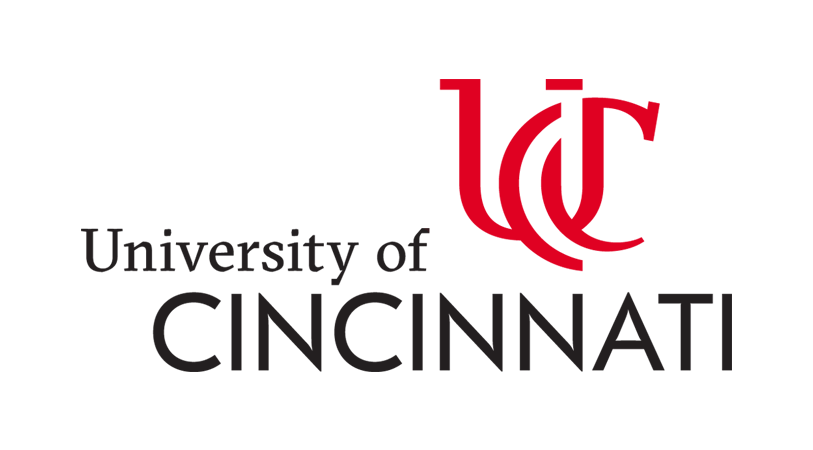
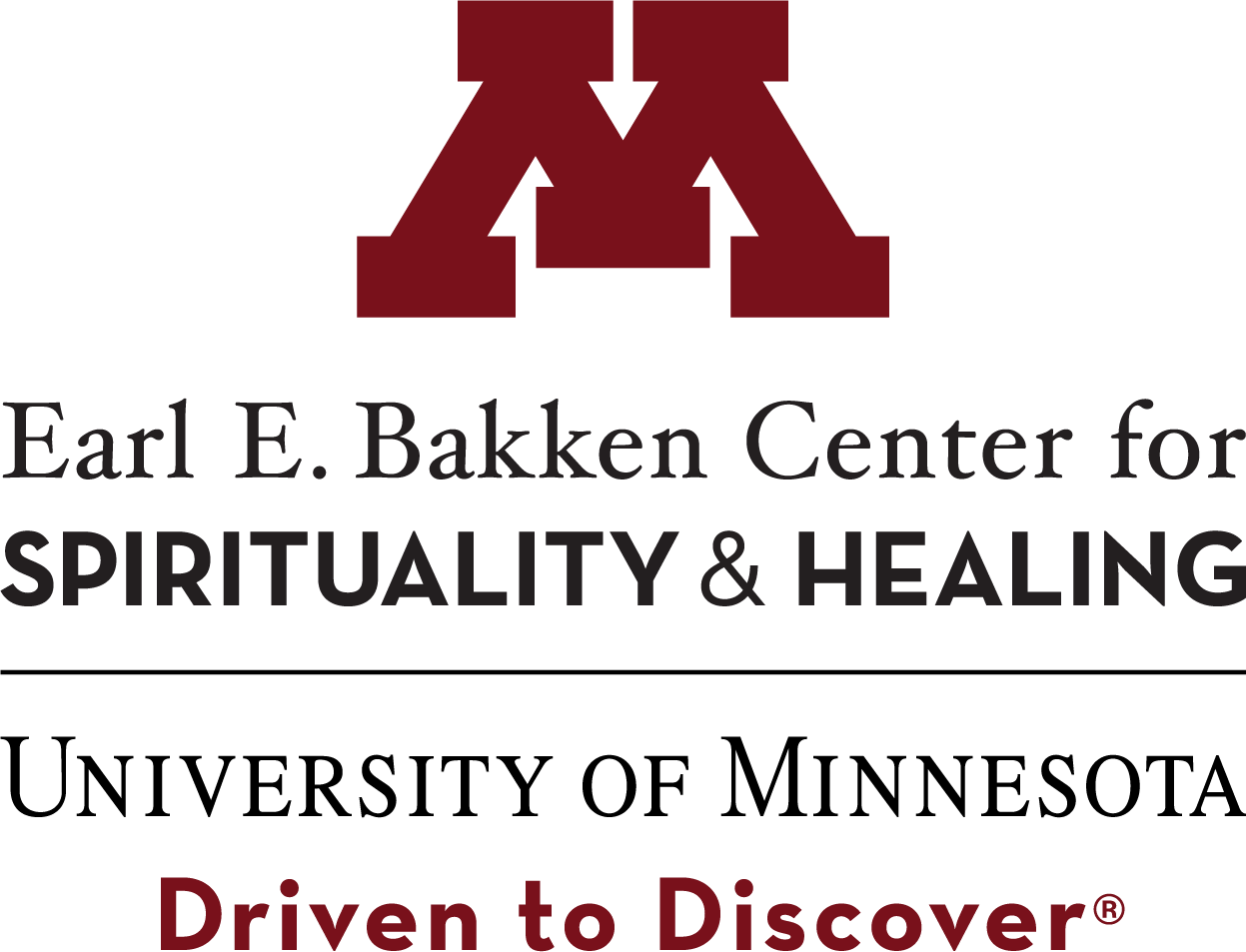
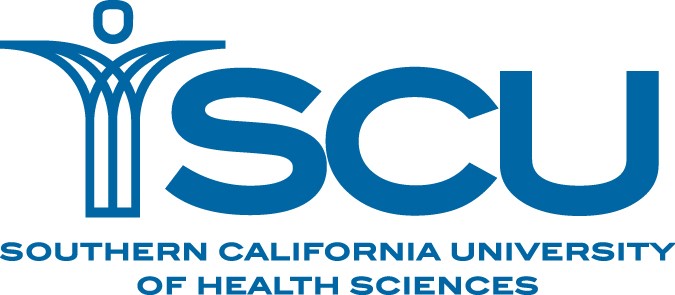
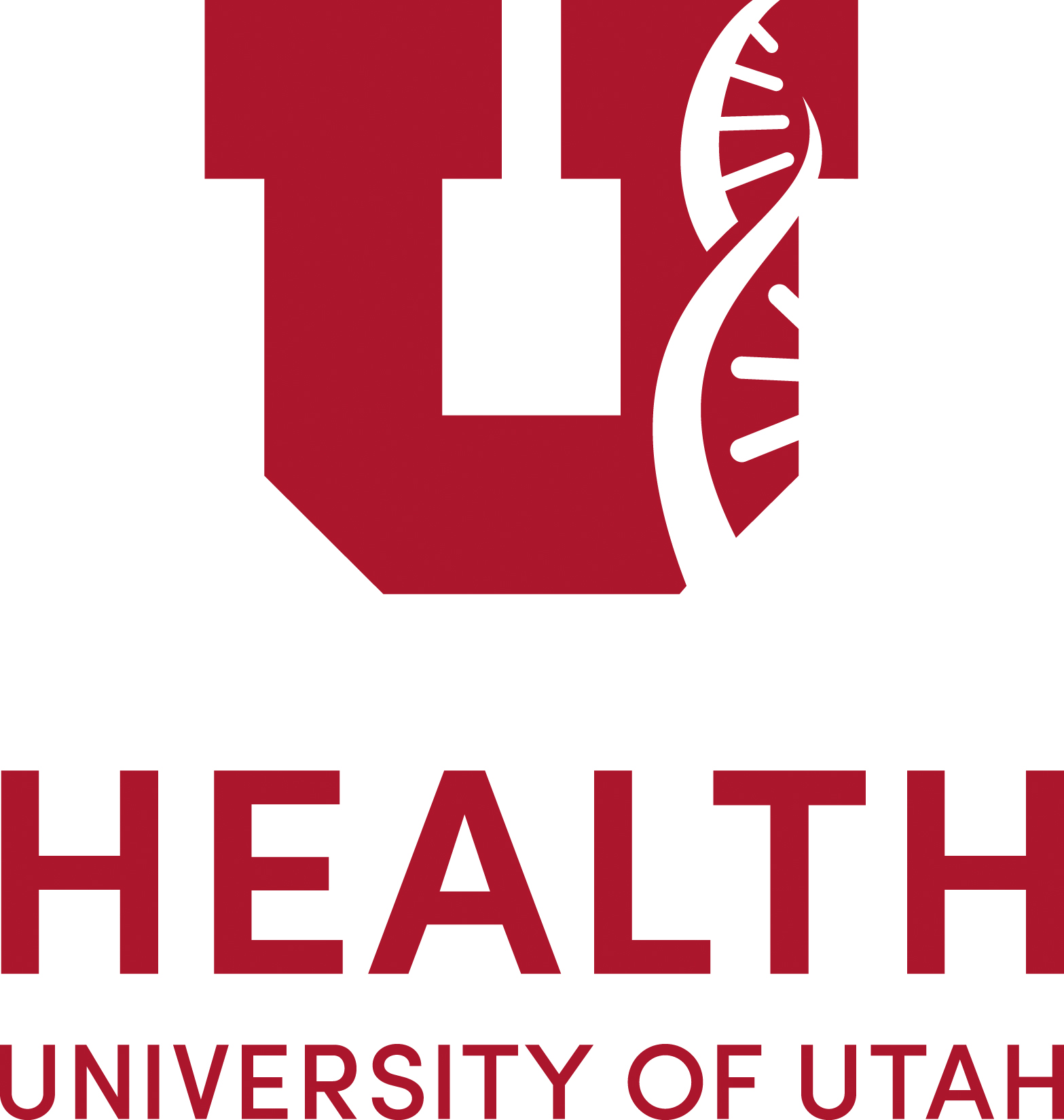



.png)
